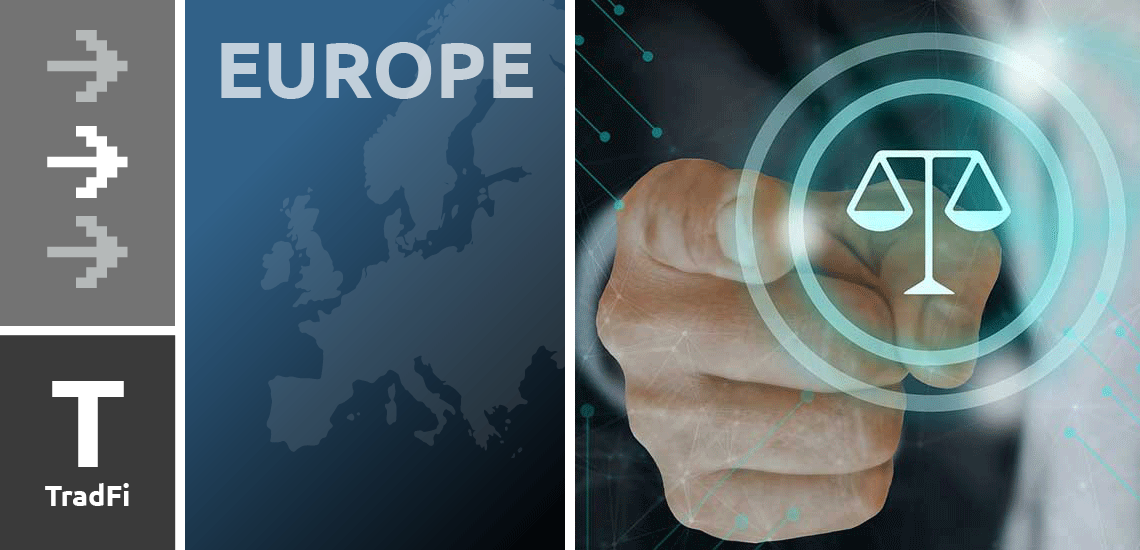
Negotiators in the European Union (EU) are discussing the possibility of imposing additional regulations on large artificial intelligence (AI) systems, such as OpenAI’s GPT-4, as part of the forthcoming AI Act. The aim is to strike a balance between not burdening new startups with excessive regulations while keeping larger models in check. The agreement on this matter is still in the early stages of negotiation. The proposed regulations for large language models (LLMs) would follow a similar approach to the EU’s Digital Services Act (DSA), which recently came into effect and imposes stricter controls on major platforms like Alphabet Inc. and Meta Inc. The EU’s AI Act would be one of the first mandatory sets of rules for AI implemented by a Western government. China has already enacted its own AI regulations. Under the EU’s proposed regulations, companies developing and deploying AI systems would need to conduct risk assessments, label AI-generated content, and be prohibited from using biometric surveillance. However, the legislation has not been enacted yet, and member states still have the ability to disagree with the proposed regulations. In China, more than 70 new AI models have been released since the implementation of its AI laws.
This News Article was automatically generated by Bob the Bot (AI)
This News Article was automatically generated by Bob the Bot (AI)
| Information | Details |
|---|---|
| Geography | Europe |
| Countries | 🇨🇳 |
| Sentiment | neutral |
| Relevance Score | 6 |
| People | None |
| Companies | Alphabet Inc., Meta Inc., European Commission, European Parliament, EU member states |
| Currencies | None |
| Securities | None |

